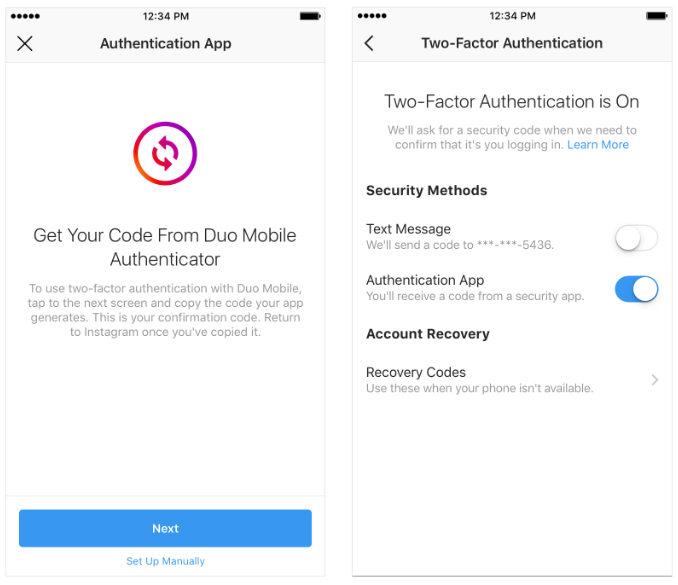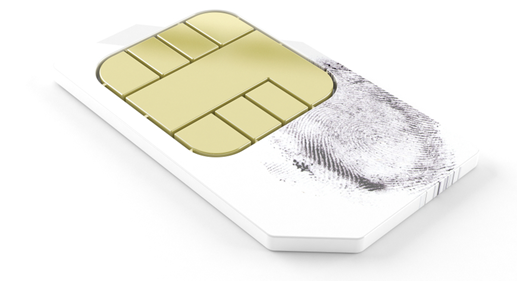Alleged ‘Satori’ IoT Botnet Operator Sought Media Spotlight, Got Indicted

Credit to Author: BrianKrebs| Date: Mon, 03 Sep 2018 02:31:35 +0000
A 20-year-old from Vancouver, Washington was indicted last week on federal hacking charges and for allegedly operating the “Satori” botnet, a malware strain unleashed last year that infected hundreds of thousands of wireless routers and other “Internet of Things” (IoT) devices. This outcome is hardly surprising given that the accused’s alleged alter ego has been relentless in seeking media attention for this global crime machine.
Read More





